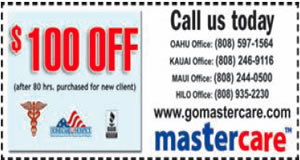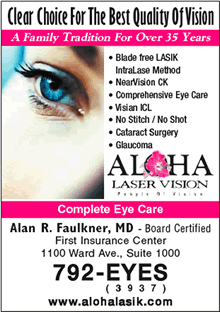Autism On The Rise

A startling statistic has recently sparked major concerns for the nation’s parents and parents-to-be. The Centers for Disease Control and Prevention estimates that an average of “1 in 110 children in the U.S. have (autism).” Putting that into perspective, since the 1980s when autism was “thought to be rare” and affecting approximately one in every 2,000 (0.5%) children this new information indicates that the rates for autism births have doubled in just twenty years. Especially now that the public is familiar with the rise in birth rates, “these results” ought to bring the awareness that this is an “urgent public health concern.”
So, what do we know about autism? It is a descriptor for a range of disorders that fall under the heading of autism spectrum disorders (ASDs), indicating that the symptoms that define the individuals with it are spread along a broad spectrum of intellectual, social and behavioral deficits that can vary from one individual to another. Not too long ago, when the euphemism for autism was child psychosis, some conclusions of its symptoms were that of childhood schizophrenia or mental retardation. Schizophrenia more accurately describes a decline in thinking and behavior whereas individuals with autism are generally born with those deficits. Also, most individuals with autism would generally be identified as having mental retardation if it were not for the fact that they do not have any easily identifiable organic brain disorders. However, today we diagnose ASD as three distinct types: autistic disorder, pervasive developmental disorder-not otherwise specified, and Asperger’s syndrome.

On one end of the spectrum is autistic disorder which primarily includes individuals with ASD who have severe impairments in functioning, language, thinking and social skills, and who display a narrow focus and repetitive behaviors. Somewhere in the middle is pervasive developmental disorder which contains a mixture of mild, moderate and severe impairments in functioning, language skills, behavior and thinking. And on the furthest end is Asperger’s disorder which contains the hallmarks of mild to moderate repetitive behaviors combined with mild to moderate social impairments and average to above average thinking and language abilities.
The good news for parents is that autism can be detected early on. According to a study by the CDC the median age of earliest ASD diagnosis is between “4.5 and 5.5 years”, but for “51-91 percent of children with an ASD” parents were able to identify signs before three years of age.
The study also showed that about “one third of parents of children with an ASD noticed a problem before their child’s first birthday, and 80% saw problems by 24 months.” Whatever the type of ASD, we do know that autism awareness needs to take place. Whether your child is on the severe end or on the less severe end of this disorder, it is important to be able to start intervention as early as possible.
Assuming the prevalence rate has been constant over the past two decades, we can estimate that about 730,000 individuals between the ages of 0 to 21 have an ASD. Early intervention has been shown to be significant for expanding language skills, social behaviors and functioning. Parents will find that although autism has no definitive cause or cure, this developmental condition besides being a challenge can also be one of the most rewarding experiences a parent can have.
Mastercare realizes that April is Autism Awareness month and for that reason we would like to let parents and perspective parents know that we can assist them through these stressful and difficult times. We have caregivers trained and experienced, ready, willing and able to help you.
When you consider all the stress that the diagnosis that autism brings to you and your family, doesn’t it make sense to connect with Mastercare to see how they can help you?
Feel free to visit us on the web at: www.gomastercare.com or call our office at (808) 597-1564. Get a Mastercare Gift Certificate for someone you love and don’t forget to take advantage of our offer of Free Homecare Services - you’ll be glad you did.
Mastercare provides:
• non-medical homecare services for elders, providing comfort and companionship
• medical skilled nursing services to assist with rehabilitation after injury or stroke
• registered nurses to assist with medically-challenged children, infants and the medically frail
• solutions that you can use right away to make things better for you and your family
• plans of care and schedules convenient for your lifestyle
E-mail this story | Print this page | Comments (0) | Archive
Most Recent Comment(s):
















